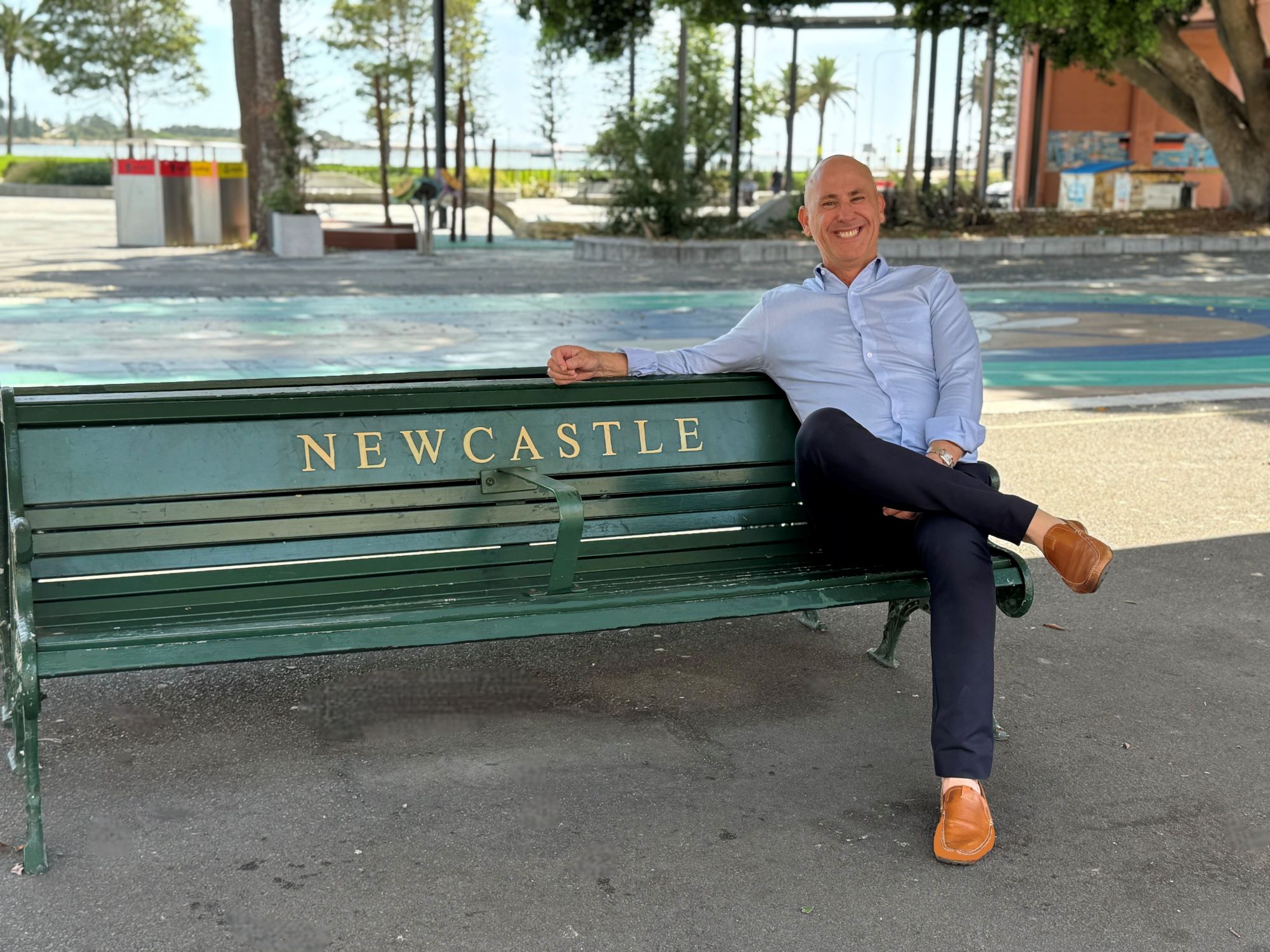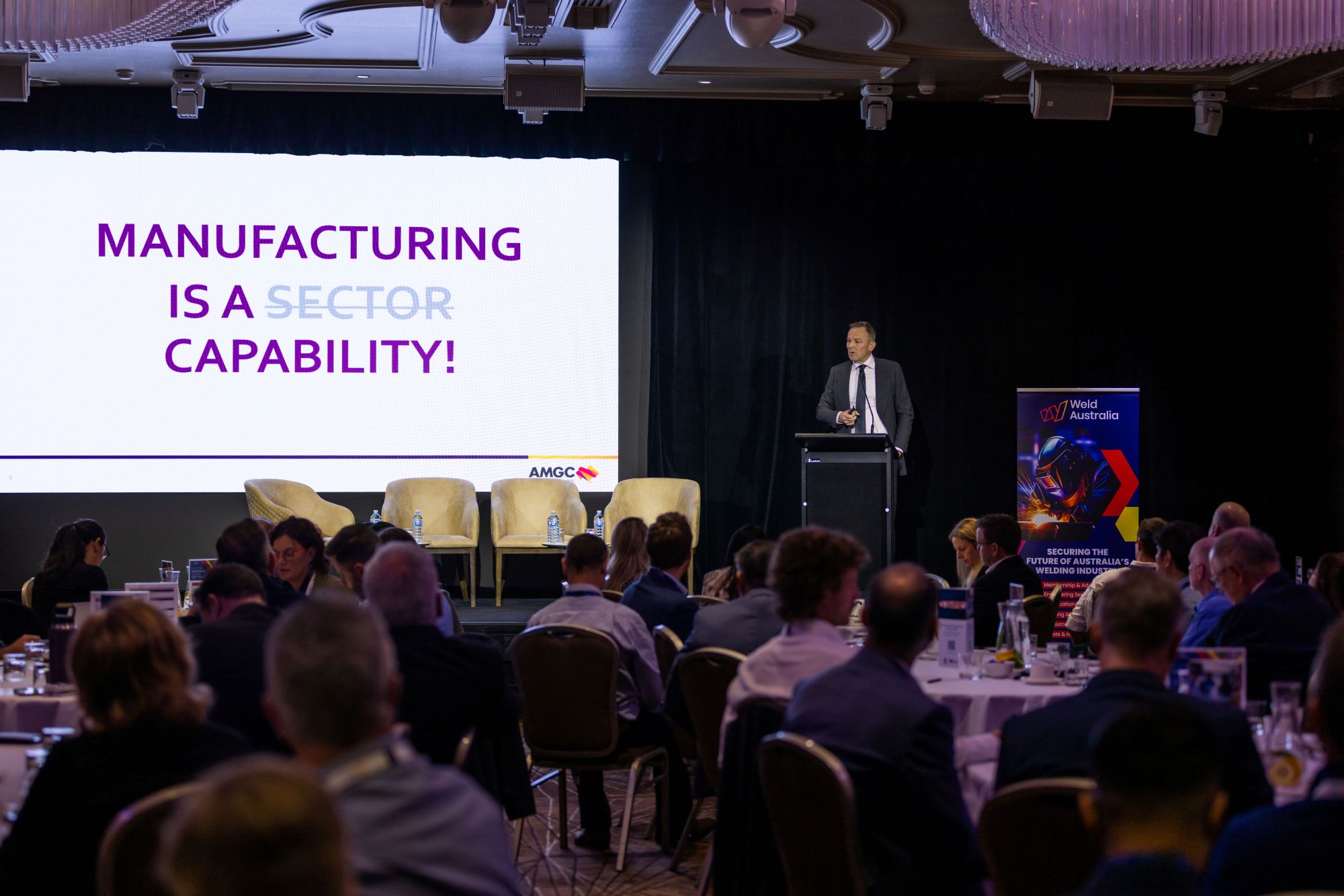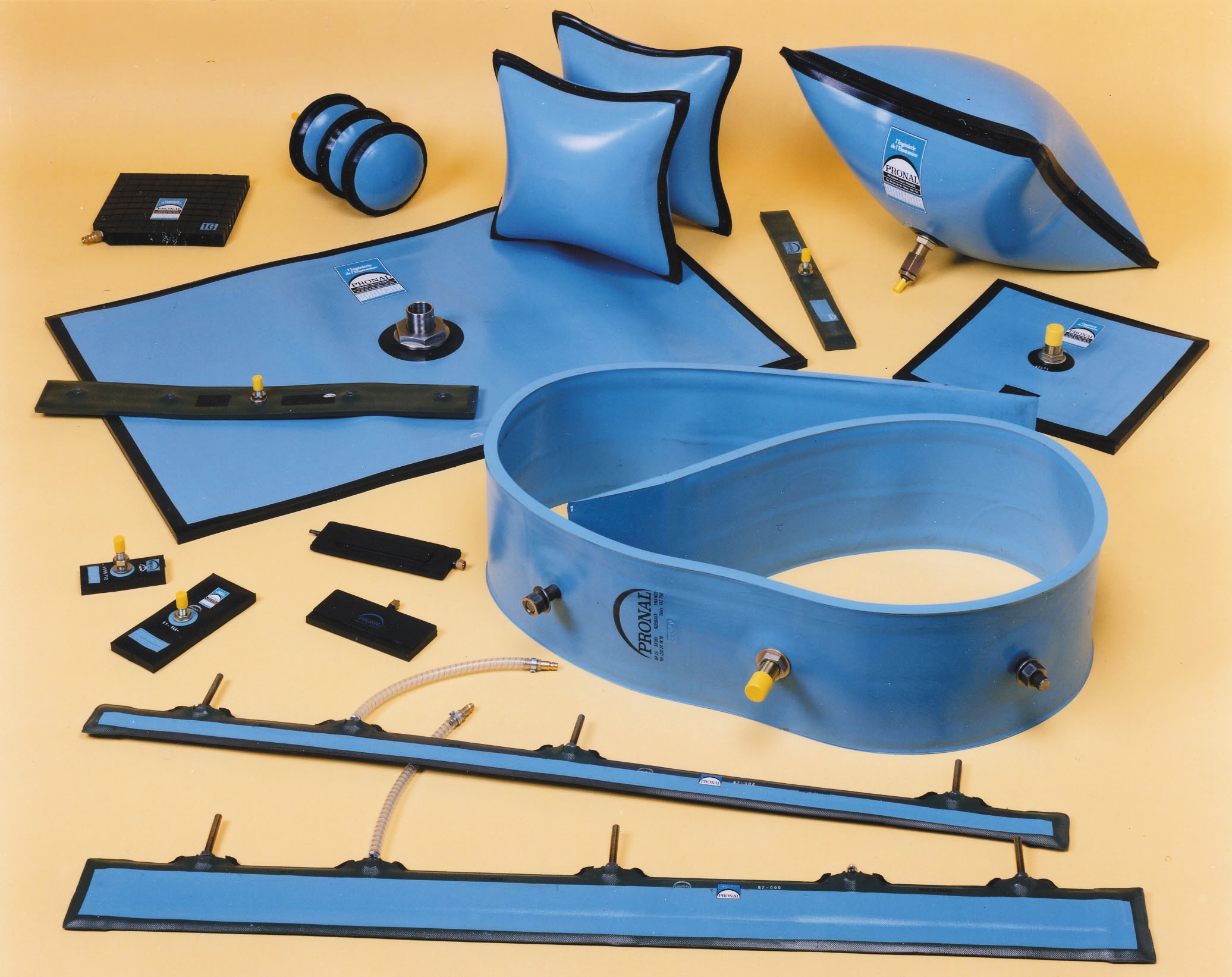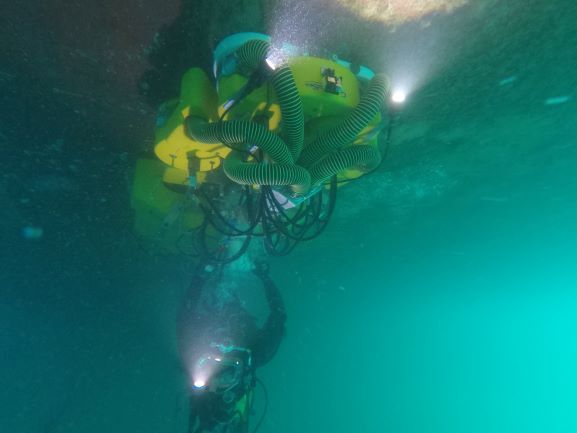
The 4 x 4 World Class Productivity Simulation
Supercharge your productivity and learn how to apply Digital and Artificial Intelligence (AI) tools Access your CI maturity Create your CI action plan Unlock your operating excellence For leaders who are serious about driving efficiency, gaining clarity and implementing continuous improvement […]

Why India joining the US alliance on AI tech is an opportunity for Australia
Arup George, Research Manager, UNSW Sydney India has formally joined the United States’ flagship international alliance on artificial intelligence (AI) supply chain security: “Pax Silica”. Officials from both countries signed the Pax Silica declaration on the sidelines of a major AI summit in New Delhi last week. This initiative seeks to bring together […]

The Interview: Shayne De la Force, Managing Partner & CEO LFI
Tell readers what LFI does? LFI Asia Pacific Pty Ltd is a quantum technology leadership firm. We work with industrial manufacturers to help them understand and navigate the economic consequences of quantum technology before those consequences become problems they can’t easily solve. We’re not a quantum technology company. We […]

Star Electrical and Fuji SMBE Macquarie deliver resilient power infrastructure to $835m John Hunter Health and Innovation Precinct
Fuji SMBE Macquarie supplied hundreds of switchboards with customised functions to Star Electrical, the lead contractor for the John Hunter Health and Innovation Precinct The NSW Government’s $835 million redevelopment of the John Hunter Health and Innovation Precinct (JHHIP) is one of the most significant healthcare infrastructure projects underway […]

300 per cent boost to clean, green energy uptake will see surge in lifting and shifting of specialist machinery
As Australia presses the button on accelerated conversion to clean, green energy, more industrial plants, resources sites and commercial buildings will face lift, shift and placement issues for the specialist machinery involved. As the move to clean, green electrical energy accelerates to meet Australia’s 2030 emissions deadlines, huge quantities of […]

DroneShield Selected for LAND 156 LoE 3 Panel
DroneShield Limited has been selected as a supplier for the Australian Department of Defence’s (Defence) Project LAND 156’s Line of Effort 3, which supports the Defence’s strategy to address evolving threats posed by small drones in domestic security. The selection relates to Line of Effort 3, establishing a Counter-small Unmanned […]

Advanced Manufacturing Growth Centre adds thousands of jobs to the economy
The Advanced Manufacturing Growth Centre (AMGC) marks its second decade of operations, celebrating ten years of industry led impact that has helped transform Australian manufacturing through commercialisation, collaboration, and global competitiveness. Since its establishment, AMGC has supported 170 co-invested projects involving more than 500 collaborators across industry and research institutions. […]

World automatic entry leader Gilgen Door Systems AG boosts Australian design and construction choices with brand expansion
A world leader in precision engineered, aesthetically attractive, and functionally innovative automatic entry systems, Gilgen Door Systems AG, is expanding its brand and range in Australia with its rebranding of Access Entry Automatic Door Solutions . The Swiss company has negotiated a majority shareholding in Access Entry, which will rebrand […]

From efficiency to resilience: Supply chains in an uncertain world
Rick Kroon, Argon & Co, Europe For decades, supply chains were designed primarily around cost and efficiency. Globalisation, lean inventories, and just-in-time production enabled companies to operate at minimal margins. Yet the disruptions of recent years, from the COVID-19 pandemic to geopolitical tensions, extreme weather, and raw-material shortages, has exposed […]

Slimline pneumatics streamline heat exchanger maintenance while curtailing machinery damage and safety hazards
Industrial heat exchanger mechanisms are subject to pressure and temperature variations, requiring scheduled maintenance to maintain operational and energy efficiency. Using slim and powerful heavy duty pneumatic cushions instead of bulky high-force metal tools can minimise the risk of machinery damage – and maximise maintenance safety – during lifting, shifting, […]

Defence Trailblazer fast-tracking new technologies to help Defence and Industry transition to clean energy
Defence Trailblazer is actively working with industry partners in support of the Australian Government transition to Net Zero, funding a range of projects to develop emissions-reducing technologies to accelerate Defence’s transition to clean energy set out in the Defence Future Energy Strategy. The projects will also bolster the advanced manufacturing […]

InfraBuild powers up steel furnace productivity and reliability with ABB’s advanced circuit breaker upgrade
Project by project, a steelmaker modernises its melt shop, ultimately replacing its aged electric arc furnace transformer with a dedicated circuit breaker to ensure reliable power supply When Australian steelmaker InfraBuild needed two new circuit breakers to provide backup for its main electric arc furnace, ABB had the solution […]

The 4 x 4 World Class Productivity Simulation
Supercharge your productivity and learn how to apply Digital and Artificial Intelligence (AI) tools Access your CI maturity Create your CI action plan Unlock your operating excellence For leaders who are serious about driving efficiency, gaining clarity and implementing continuous improvement (CI) programs across their organisation – this workshop is for you. The World Class Productivity Simulation (The 4 x 4)is an internationally proven, hands-on learning experience that: *Accelerates team and leadership understanding of continuous improvement as a key tool to lift productivity and drive real change. *Heips you assess your own business CI maturity *Provides a clear roadmap on how to build a culture of continuous improvement *Identifies and prioritises where your business can get measurable productivity gains This is a dynamic experimental workshop where your team will engage, compete, collaborate and apply real-world tools in a simulated business environment. Your organisationwill see the impact of lean principles, operational discipline, and teamwork -immediately and tangibly. From workshop to workplace, real results that stick Practicial outcomes you can use immediately *A clear understanding of CI levers that drive efficiency *Shared language and framework for sustainable improvement *A roadmap to reduce rework, delays and waste *Strategies for lifting performance across functions *Insights and tactics on how and where to boost productivity across teams and functions Who it’s for For organisations at any stage of their continuous improvement journey, whether you’re just getting started or looking to take exisitng capability to the next level. Group size: 12-24 participants Delivered by: Argon and Co’s experienced facilitators Investment: $1,050 AUD per person + GST & travel expenses Location Course No. Course Type Dates-2026 Adelaide 4x4Au000 2-day AI March 10th & 11th Brisbane 4x4Au002 2-day AI […]










